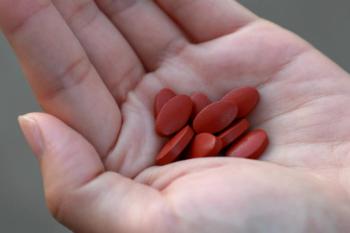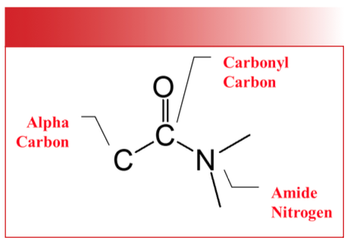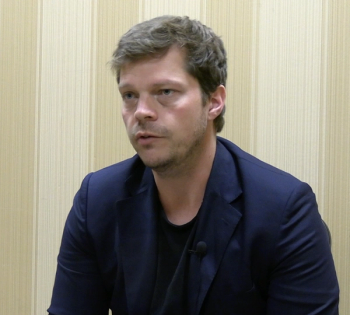
Sample Preparation for Microplastics by LDIR: Best Practice
Webinar Date/Time: On-Demand
In this webinar, we will examine best practices for sample preparation and performing accurate on-filter microplastic analysis using the Agilent 8700 LDIR Chemical Imaging System.
Register Free:
Event Overview:
Everyday plastic items can degrade into small fragments and particles through use, wear, weathering, or improper disposal of waste. These small-sized plastic particles are ubiquitous substances in the environment and are considered as emerging contaminants by the World Health Organization. More research is needed into the impacts of microparticles on human health, especially as microplastics have been found in drinking water, wastewater, and foods.
To understand the behavior of microplastics in the environment and in food chains, accurate methods are needed that can identify, characterize, and quantify different polymers. Efforts are being made to standardize microplastic analysis methods around the globe by performing interlaboratory studies (ILS). So far, however, the results of ILS have shown significant variation, due in part to differences in methodology from sample preparation through to analysis, including inconsistent use of quality assurance procedures.
To achieve accurate and reproducible analysis of microplastics, certain practical aspects should be considered. In this webinar, we will highlight microplastic sample preparation in various matrices and examine best practice for performing accurate on-filter microplastic analysis using the Agilent 8700 LDIR Chemical Imaging System.
Key Learning Objectives
- Options for sample preparation in various matrices prior to analysis by the Agilent 8700 LDIR
- The role of key QA procedures for managing and reducing sample contamination
- Best practice for the use and handling of filters before and during sample preparation
- Best practice to ensure accurate and efficient microplastic analysis using the Agilent 8700 LDIR
Who Should Attend
- Microplastics researchers
- Microplastics analysts from commercial, QA, or research labs seeking to better understand the role of sample preparation in microplastics analysis
- Those interested in contamination of wastewater, seawater, freshwater, air, sediments, and food (such as fish, shellfish, crustaceans, and bottled water)
Speakers
Subharthe Samandra
PhD Candidate
University of Melbourne and Agilent Technologies
Subharthe Samandra completed his Bachelor of Environmental Science (Major: Chemistry) at the Royal Melbourne Institute of Technology (RMIT) in 2018 and continued with his honors where he investigated the presence of Per-and Polyfluoroalkyl substances (PFASs) in the environment and consumer products. In 2020, he started his Master of Industrial Research and partnered with Eurofins for two years to develop precise and reproducible analytical methods for identifying and quantifying microplastics in surface water, soil, sand, and biota (e.g., mollusks) using the Agilent Laser Direct Infra-Red Imaging System (LDIR). This work was recognized with the Innovation Award of 2022 by the Australian Land and Groundwater Association for being the first commercial microplastics laboratory in Australia. During his Masters, he published a manuscript titled “Microplastics contamination of an unconfined groundwater aquifer in Victoria, Australia” which was the first study in the world to find microplastics in groundwater that was not exposed to the atmosphere. For this work, he was a finalist for the Australian Water Association Student of the Year award. Additionally, he was awarded the 2022 SETAC Australia Thesis Prize in Environmental Chemistry. He has now started his PhD with the Australian Laboratory for Emerging Contaminants at the University of Melbourne in collaboration with Agilent Technologies to develop and optimize methods to extract microplastics from complex matrices to be quantified using the LDIR.
Dr. Wesam Alwan
Applications Scientist
Agilent Technologies
Wesam Alwan has a PhD in medicinal chemistry from Monash University (Australia) and a master’s degree from the University of KwaZulu-Natal (South Africa). His previous research experience focused on designing small molecules that inhibit bacterial virulence via fragment-based drug discovery techniques. In previous work experience, Wesam worked in science policy for the Organization for the Prohibition of Chemical Weapons (The Hague, The Netherlands) with a project focusing on sampling and analysis of chemical warfare agents and their medical countermeasures. He is currently the applications scientist supporting both applications development for current products as well as new products in development.
Register Free:
Newsletter
Get essential updates on the latest spectroscopy technologies, regulatory standards, and best practices—subscribe today to Spectroscopy.



